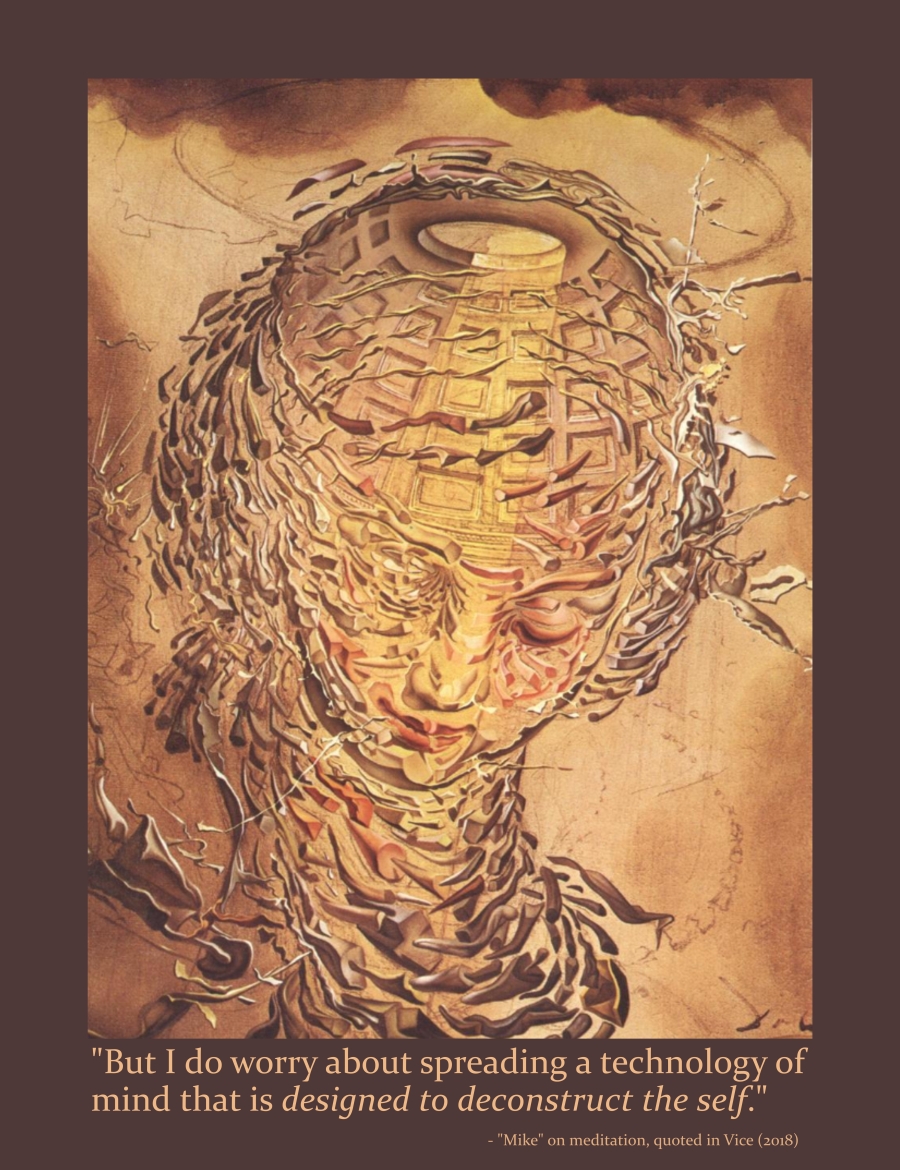Intrinsic Incompleteness: Deacon on ‘ententional’ processes
This is the first in a planned series of posts on Terrence Deacon’s book Incomplete Nature: How Mind Emerged From Matter. I’m calling it the Deactionary, since Deacon is fond of coining new terms and redefining old ones.
Deacon outlines an ambitious goal: understanding the emergence of consciousness from insensate matter. Of course, not everyone thinks that mind emerged from matter in the first place. Dualists think mind is a separate substance from matter. Idealists think matter is a subset of mind, rather than the other way round. And panpsychists think that mind is an intrinsic property of all forms of matter, so it didn’t really emerge at all.

